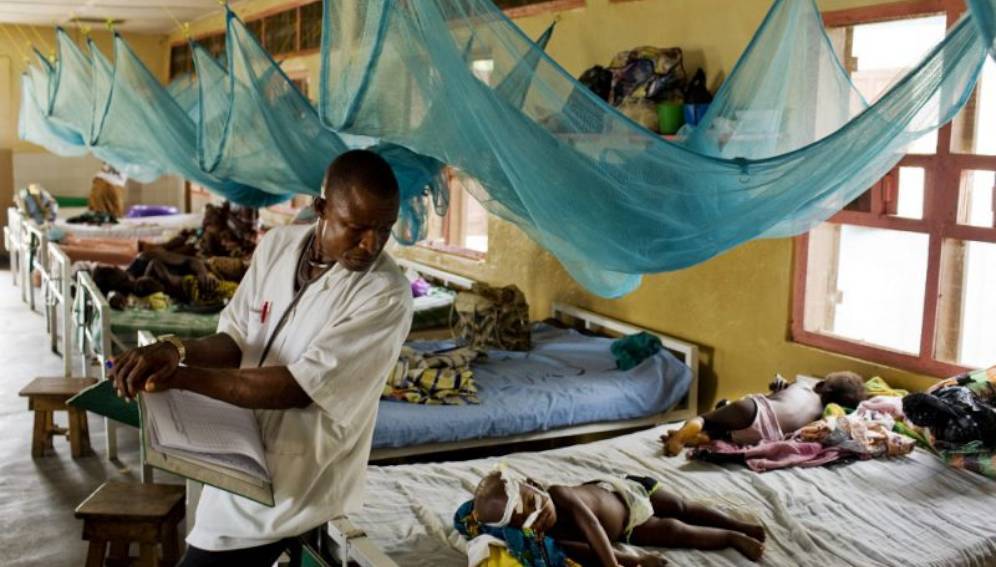Mr Dakum explained that Nigeria has the highest burden of TB in Africa and is the sixth highest globally.
“Every hour, it is estimated that 47 Nigerians develop active TB, of which seven of them are children and every hour, 18 Nigerians including women and children also die of TB.
“TB, a disease that is preventable and curable, has turned many children to orphans, taken many breadwinners away with severe consequences on the economy of families and also on the economy of the nation.’’
The IHVN Boss said that the 29 million dollars cover supplies, resources needed for the private sector and incentives.
Mr Dakum said that lack of establishment of private clinics for free TB services has made the disease to increase.
“At the TB Centre, it is supposed to be free; therefore, for every TB case they detect, we have to give money to cover part of the overhead because there are no free private clinics.
”This is just an incentive to find out more cases, so they conform more suspected TB cases knowing that if they do, they will get paid for it.
“One of the unique things about the private sector is that of the incentive-driven service.’’
Mr Dakum said the grant would contribute to providing quality care and services to Nigerians troubled with TB, thereby reducing mortality and morbidity associated with the disease.
”Case detection and coverage are extremely poor, poor in the sense that we are just at about 27 percent of coverage for TB case detection.
”The expectation is that we should raise it in the next two years to a minimum of at least 50 percent coverage.
According to him, the idea is to now focus resources in the private sector in a way that would enable case detection to go up.
”When someone who has TB coughs into the air, that person infects the environment; somebody breathes in the air and gets TB.
”And when people fall sick, it is the community pharmacy or private hospital or community clinic they run to for treatment,
”However, our target is to equip them to be able to treat when they confirm any case, instead of referring and the disease keeps spreading,” he said.
”If we can reduce the cases such as we have in HIV we will reduce new incidents of TB, and that is what we are hoping for,” Mr Dakum added.
Source: Premiumtimes

 The Institute of Human Virology Nigeria (IHVN) on Wednesday says the Global Funds has provided $29 million grant to help fight Tuberculosis (TB) in the country.
The Institute of Human Virology Nigeria (IHVN) on Wednesday says the Global Funds has provided $29 million grant to help fight Tuberculosis (TB) in the country.




